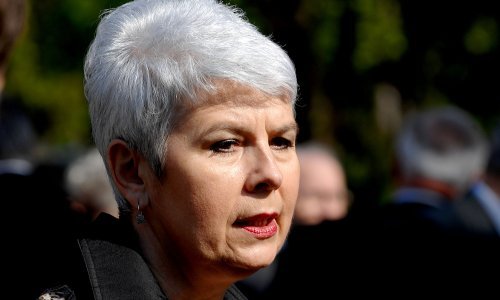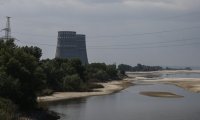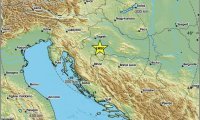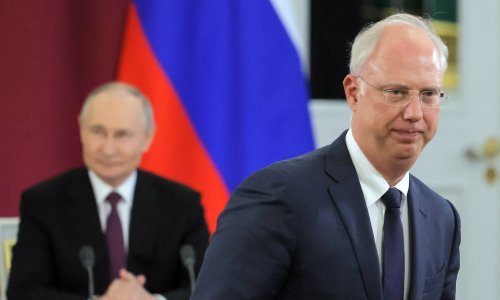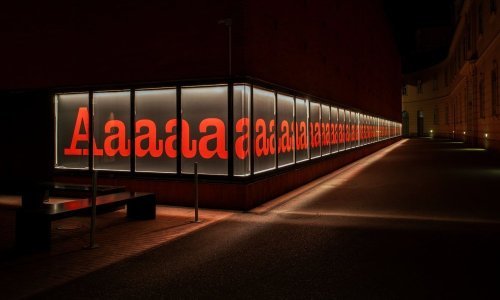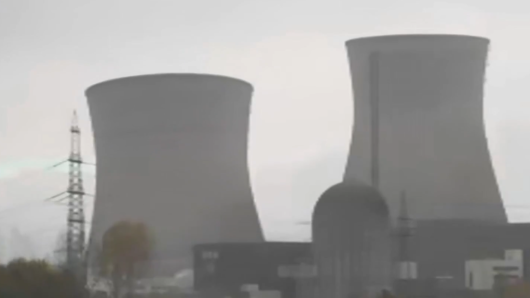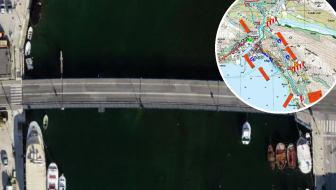Prime Minister Jadranka Kosor said on Friday that the next parliamentary elections would be held in late 2011.
"Elections must be held by the spring of 2012, which has been defined by people authorised to interpret the Constitution and all the provisions relating to elections. We have said that elections will be held by the end of 2011, so they won't be held ahead of schedule as some are invoking," Kosor told reporters after opening refurbished operating theatres in the Sisters of Mercy Traumatology Clinic in Zagreb.
"We will discuss this within the ruling coalition and fix a date for the elections. So, the elections will be held towards the end or at the very end of 2011," the Prime Minister said when asked if she was considering holding elections in 2012.
She said that her government would continue to work with great commitment on achieving three goals -- completing EU accession negotiations, ensuring an economic recovery, and continuing the fight against corruption.
When asked what she was proud of and what she would not do again, Kosor said that this year had been tough and that a lot of good work had been done. She said that she expected the next year to be better in terms of economic recovery, stressing that the focus of her government would be on encouraging investment, increasing industrial output beyond the planned 1.5 per cent, and increasing employment.
"The rise in unemployment was possibly the hardest thing for me and for the government last year," the PM said, expressing hope that next year the government would have the support of local authorities, employers and trade unions in combating unemployment.
Kosor said that the greatest achievement in 2010 was the success in EU membership talks, because all policy areas had been opened and 28 of the 35 had been closed. "The end of negotiations is visible and tangible, the end of negotiations is here."
Speaking of other successes of her government, she said that public companies had been put in order and a new political climate had been created for fighting corruption, citing the passage of the law regulating the seizure of property acquired through crime and corruption, the incorporation into the Constitution of the provision saying that there are no limitation periods for privatisation-related crimes, and the economies made thanks to the newly-integrated public procurement system.







